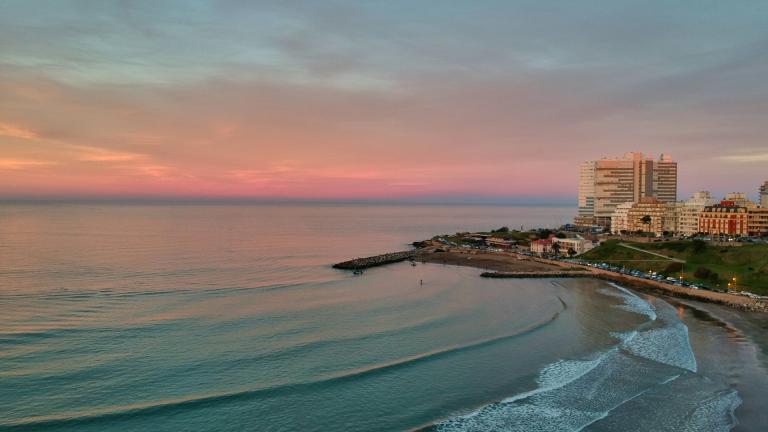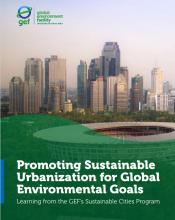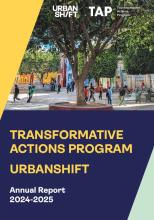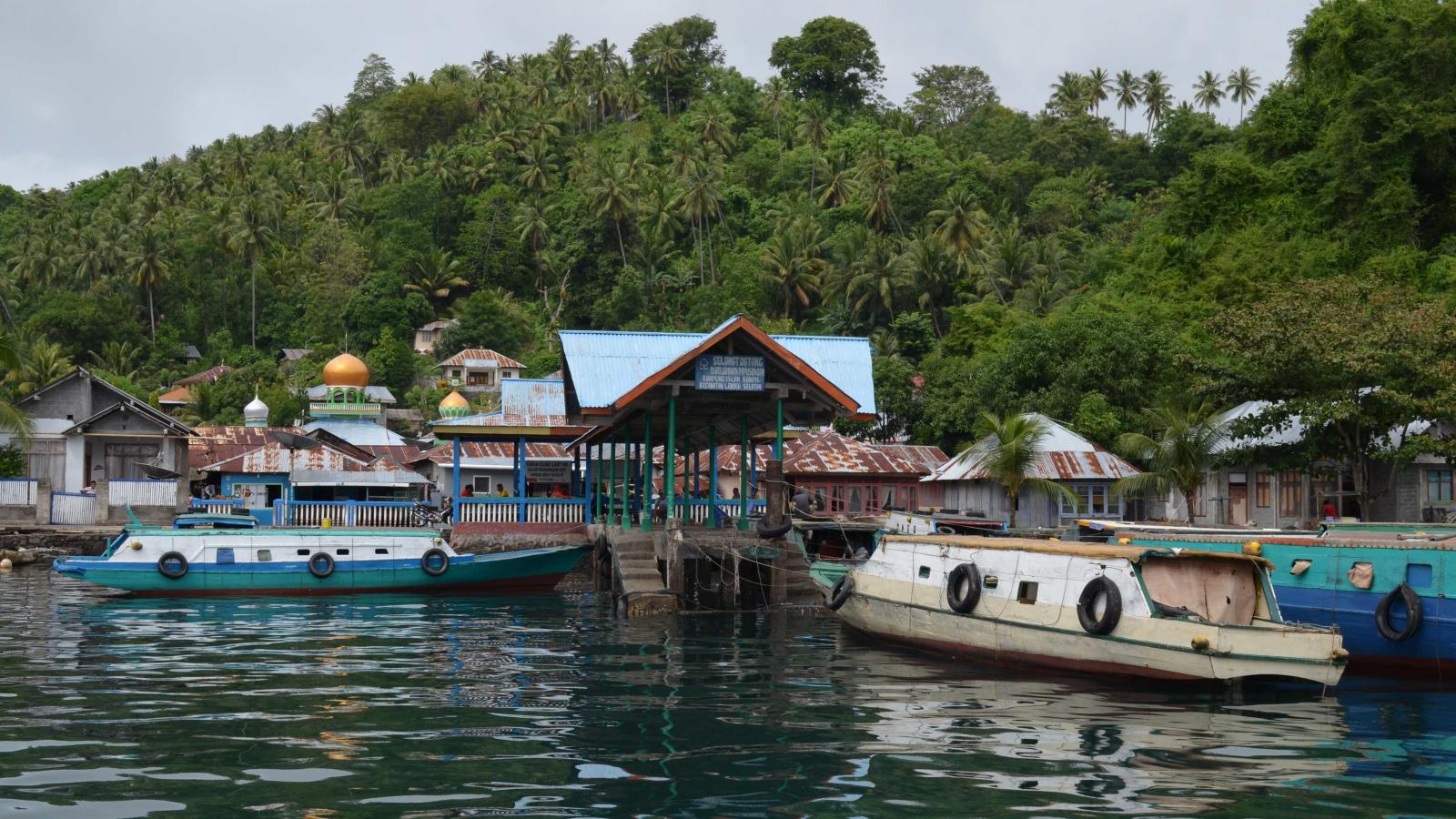UrbanShift Geospatial Planning Lab in Bitung: Strategizing for Sustainable Economic Growth
The two-day Lab in Bitung explored how geospatial data can support sustainable urban growth and tourism, bringing together local officials and experts from WRI, ICLEI, and the World Bank.
Bitung City is at a turning point—experiencing rapid urban growth while striving to protect its rich biodiversity and natural tourism assets. To support this delicate balance, UrbanShift organized a two-day geospatial analysis lab in Bitung to help local stakeholders align spatial planning with biodiversity conservation and sustainable economic development.
Using high-resolution geospatial data and participatory mapping, the Lab explored how Bitung’s expansion intersects with sensitive ecological zones, and how nature-positive solutions can strengthen tourism potential and local livelihoods. Participants co-developed targeted strategies to shape Bitung’s urban future in a way that protects both people and ecosystems.
The Bitung Lab combined spatial analysis with policy dialogue and technical exercises, centered around:
-
Urban Expansion & Biodiversity: Understanding how Bitung’s urban growth intersects with critical ecological areas and conservation zones.
-
Sustainable Tourism: Mapping access, services, and ecological sensitivities around tourism areas such as Lembeh Strait, Batuputih, and Batuangus Nature Tourism Parks.
-
Institutional Coordination: Facilitating dialogue between local government, Bappenas, North Sulawesi Conservation Agency (BKSDA), and tourism stakeholders to align development priorities.
Activities included:
-
Technical data presentations on urban growth trends, ecosystem services, and tourism-related land use
-
Field visits to tourism-conservation hotspots
-
Interactive mapping exercises to co-design spatial strategies
-
Peer learning with other similar cities, such as Jayapura
-
Action planning on feasibility, governance, and policy alignment of potential solutions
Speakers:
-
John-Rob Pool, Senior Manager, UrbanShift & Nature-Positive Urban Development, WRI
-
Gorka Zubicaray, Urban Development Senior Technical Specialist, WRI Mexico
-
Retno Wihanesta, Research Analyst/Urban Transport Planner, WRI Indonesia
-
Arif Wibowo, Indonesia Country Manager, ICLEI
-
Medhiansyah Putra, UrbanShift Country Coordinator for Indonesia, ICLEI
-
Yuko Arai, Urban Specialist, World Bank
-
Efrian Muharrom, Environmental Specialist, World Bank

Visions of Sustainability in Mar del Plata and Mar Chiquita
Along the coast of Argentina, two ambitious plans are showing how participatory design and nature-based solutions can lay the groundwork for inclusive, climate-resilient outcomes.

UrbanShift Looks Back: On Changing the Conversation around the Role of Cities in Climate Action
Over the past five years, UrbanShift's advocacy efforts have helped to shape the conversation around the value of cities for driving transformative progress. UNEP's Gulnara Roll, Sharon Gil and Elsa Lefèvre share their reflections.

Promoting Sustainable Urbanization for Global Environmental Goals: Learning from the GEF's Sustainable Cities Program
The GEF Sustainable Cities Program workshop highlighted that integrated planning, governance, finance, and nature-based solutions are essential for sustainable and resilient urban transformation.

Transformative Actions Program: UrbanShift Annual Report 2024-2025
The 2024–2025 TAP report shows progress in preparing cities for sustainable, finance-ready projects—mainly in biodiversity and mobility—though most still lack solid financial models and measurable impacts.

